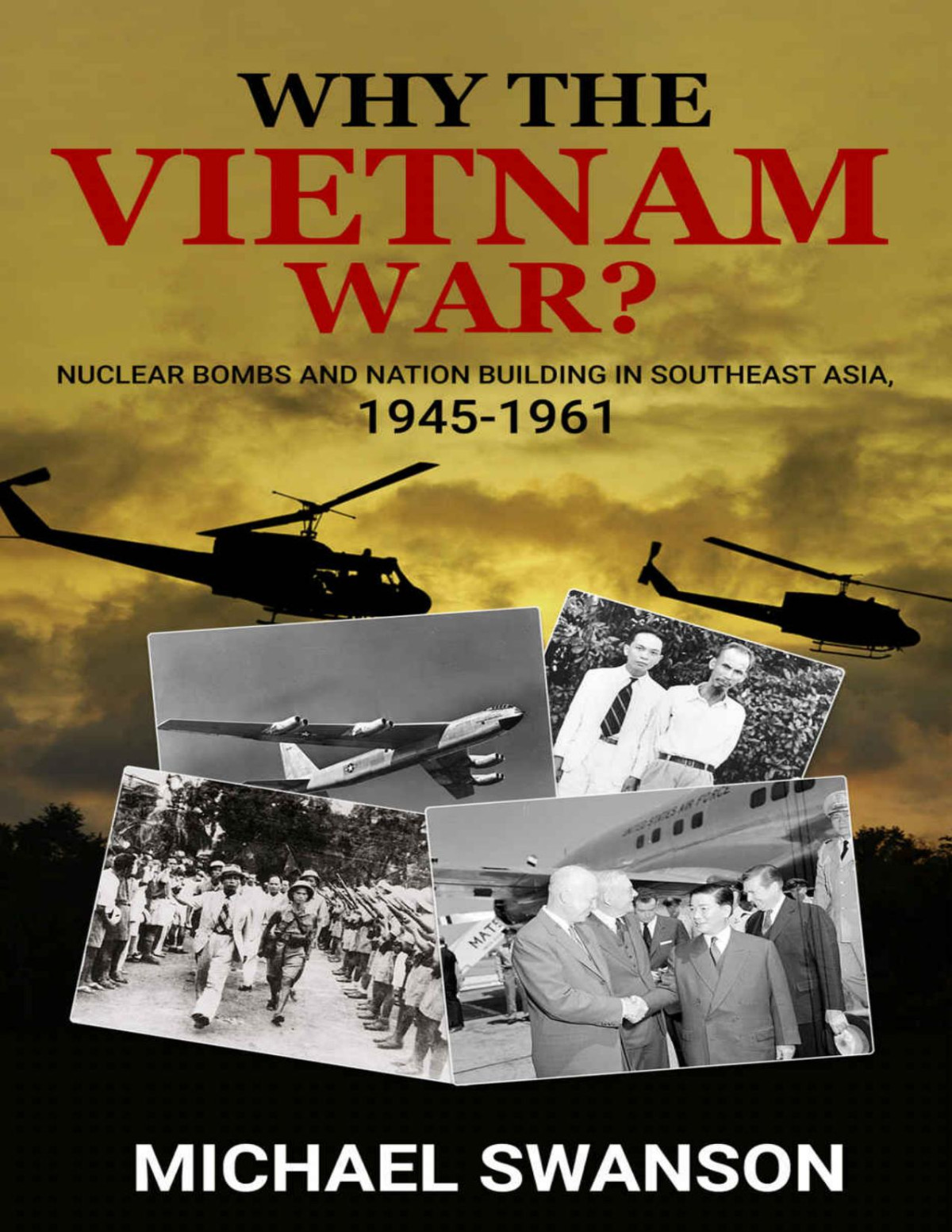

Most ebook files are in PDF format, so you can easily read them using various software such as Foxit Reader or directly on the Google Chrome browser.
Some ebook files are released by publishers in other formats such as .awz, .mobi, .epub, .fb2, etc. You may need to install specific software to read these formats on mobile/PC, such as Calibre.
Please read the tutorial at this link: https://ebookbell.com/faq
We offer FREE conversion to the popular formats you request; however, this may take some time. Therefore, right after payment, please email us, and we will try to provide the service as quickly as possible.
For some exceptional file formats or broken links (if any), please refrain from opening any disputes. Instead, email us first, and we will try to assist within a maximum of 6 hours.
EbookBell Team

4.3
88 reviewsThe synopsis here doesn't quite match the ISBN cut & pasted from the book
In Denial explores the ongoing conduct of officially deniable military action across the globe during four decades of the Cold War, from Tibet and Laos to Cuba and into Africa in the Congo and Angola. Its resurgence in the 21st Century, with new justifications, new sponsors and new tactics is also detailed in this book. National leaders often turn to secret and deniable military action in order to avoid the political challenges - and consequences - of officially and openly ordering military action. These type of operations are a constant temptation for leaders as they offer intervention without the risk of combat losses or major economic impact.Experienced military personnel may be used in such actions - if they are covertly detailed to secret projects, detached from regular service or released to work as "contractors". But in pursuit of official deniability, actual combat - with its casualties and collateral damage - must be left to indigenous volunteers or to the contract employees. But these operations come with inherent problems. In Denial explores how deniable military actions were conducted during the Cold War, the challenges of command and control in secret warfare, and the reality that deniable military action was never abandoned, even while repeatedly failing in both its political and military goals. That exploration digs deeply into one of the most dramatic and highly public failures of ostensibly deniable military action - the American effort to oust the regime of Fidel Castro, from its beginning under President Eisenhower to the eventual disaster of the Bay of Pigs amphibious landings as a case study. There were lessons learned at the Bay of Pigs, but driven by political pressures they proved to be short lived in actual practice. In a new century covert military action has reemerged,